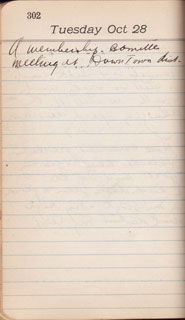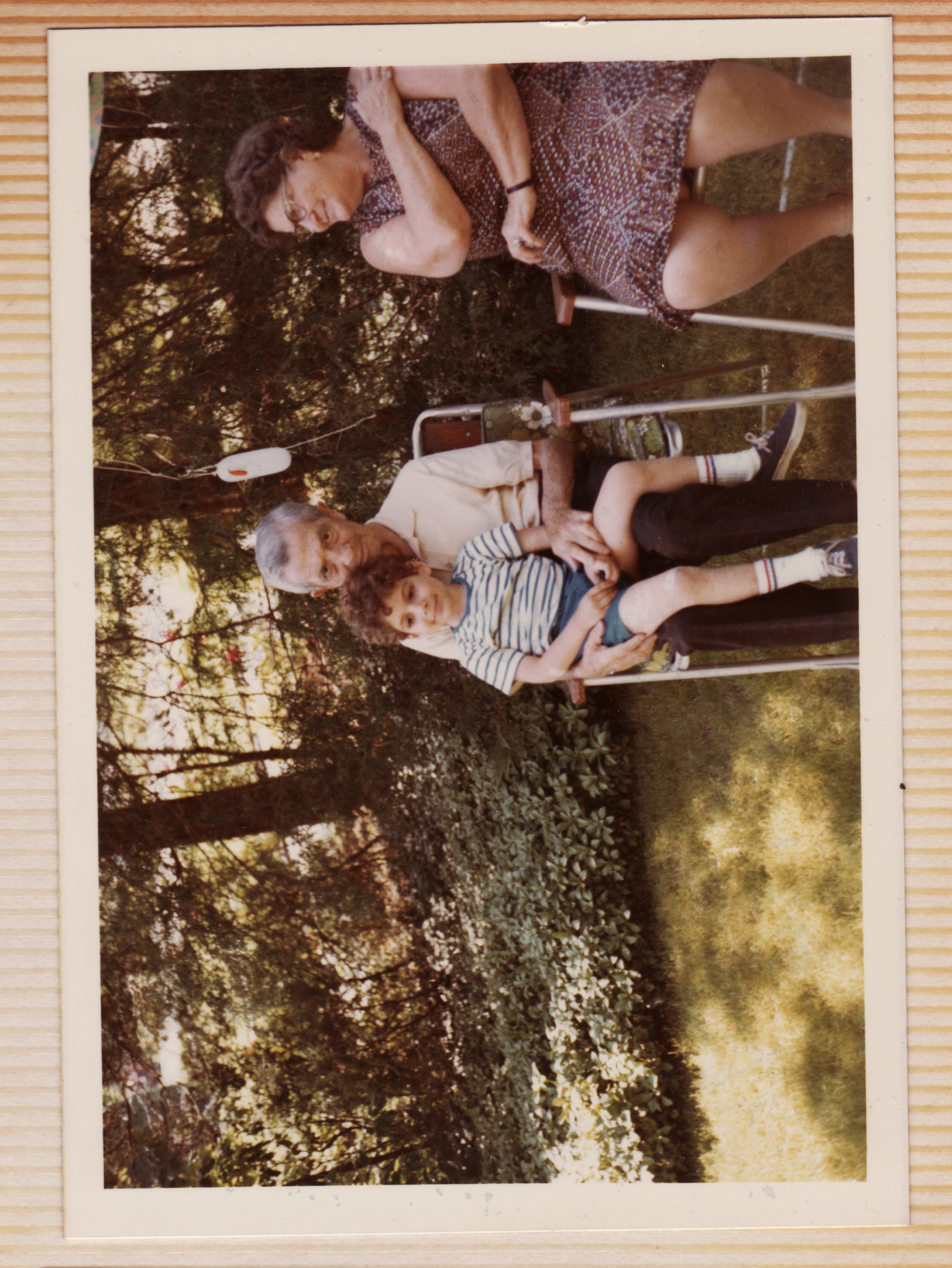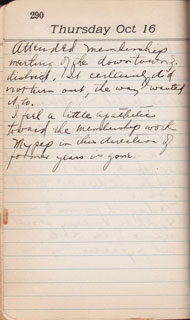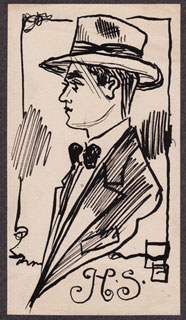
A membership comitte
meeting at Down Town dist.
———–
Matt’s Notes
Much of Papa’s activist energy went toward the Zionist Organization of America, a large group that, as we’ve discussed before, had its headquarters at 114 Fifth Avenue (near 16th Street) but also had numerous chapters, or districts, scattered around the city. The First District, located in downtown Manhattan, had suffered from low membership all year despite Papa’s recruiting efforts, and I assume the meeting of the membership committee he refers to in this post had the revival of the First on its agenda.
It can always be surprising to examine the history of a project or pursuit and realize how long it can really take to get things done, to see how many worries arise, how many plans unfold, how many trails go cold along the way. Individual participants in a large-scale movement, examined day-to-day, can appear to have little effect even as numerous participants’ collective efforts lead to impressive, noticeable progress.
This isn’t a news flash, of course; it’s the whole point of grassroots politics and political activism, but it feels like a fresh thought to me as Papa again brings up this stubborn little Z.O.A. subplot. In the history of the Zionist cause, the fate of the First District of the Z.O.A. probably didn’t matter much, and Papa’s efforts to support it were, I’d wager, less productive than much of his other work. He had, in fact, started writing about the First District’s troubles back in January, and as far as I can tell its situation didn’t improve at all, and maybe it never did.
I find this touching, at this moment, for some reason. Why? Perhaps I’m flooded with a sentimental appreciation for the power of individuals to propel common causes. Or maybe it’s because it’s late October and I know this entry may be Papa’s last about the First District, and though it’s so unremarkable and offhand it becomes, by being last, something bigger, a poignant reminder of how few entries are left, and how scarce and precious Papa’s remaining words really are. Or maybe it’s because Papa, who played such a small part in the Z.O.A., is somehow the same man who plays such a large part in my understanding of happiness, my definition of a life worth living. Perhaps its because the very qualities that allowed him to keep working and believing and dreaming regardless of how small his accomplishments might have been are the very qualities that made him seem so wise and true and patient, so capable of turning a small moment with me, barely worthy of notice, into something so real and memorable and perfect, into something that would survive whatever happened next, into something very much like a victory.


 3rd dist & Cafe Royal
3rd dist & Cafe Royal





 At Down Town Zionist
At Down Town Zionist